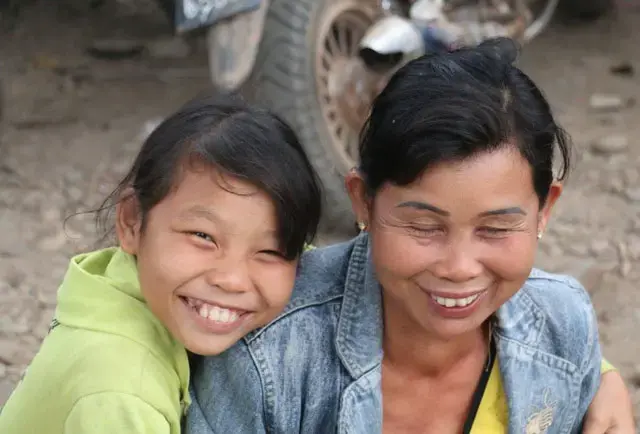Women do not stop getting pregnant or having babies when a disaster strikes: in any setting one in five women of childbearing age is likely to be pregnant. Women and young people may also become more vulnerable to sexual violence and sexually transmitted infection in the aftermath of natural disaster -
Cyclone Nargis has put Myanmar women and their babies in the affected areas at risk because they are suddenly without access to medical support and in many cases this can be compounded by trauma, malnutrition or disease, and exposure to violence. Responding to the dire need, UNFPA is bringing in provisions to Myanmar to enable local health providers to ensure that pregnant women can deliver safely everything from rubber gloves for midwives to hospital equipment for blood transfusions. The preassembled supply kits also address other reproductive health needs essential for displaced populations, including supplies for preventing HIV infection and unwanted pregnancies and responding to sexual violence.
A shipment designed to serve the emergency reproductive health needs of 200,000 to 300,000 people arrived in Yangon by commercial cargo flight on 10 May; these supplies have been delivered to health authorities in three affected townships in the Ayeyarwady delta. Two more shipments due to arrive are to be distributed in two townships with temporary medical centres treating referral cases from the affected areas. Through its local partner NGOs, the UNFPA Myanmar Country Office has also distributed hundreds of clean delivery kits for individual childbirths, and thousands of "dignity kits" to help displaced women maintain personal hygiene. With support from the UN Central Emergency Relief Fund, UNFPA plans to provide emergency obstetric care, other reproductive health services and trauma care at temporary health facilities and mobile clinics that the Myanmar Medical Association is setting up in the affected areas.
As part of the humanitarian community's coordinated response to Cyclone Nargis, UNFPA serves as the lead agency for reproductive health, and is working with other agencies to protect displaced women from violence. The Fund is also providing health education materials and technical guidelines in the national language. These include the Minimum Initial Service Package, which describes a set of activities to prevent maternal deaths, HIV transmission and sexual violence in the early stages of a refugee emergency.
Appeal for Support
A Flash Appeal was launched by UN agencies and NGOs to support the Government of Myanmar in addressing the needs of people affected by the cyclone. Through the cluster approach, UNFPA aims to implement the following projects in coordination with other agencies:
|
Cluster |
Project |
Budget |
|||
|---|---|---|---|---|---|
|
Health |
|
|
|||
|
|
500,000
|
|||
|
|
|



